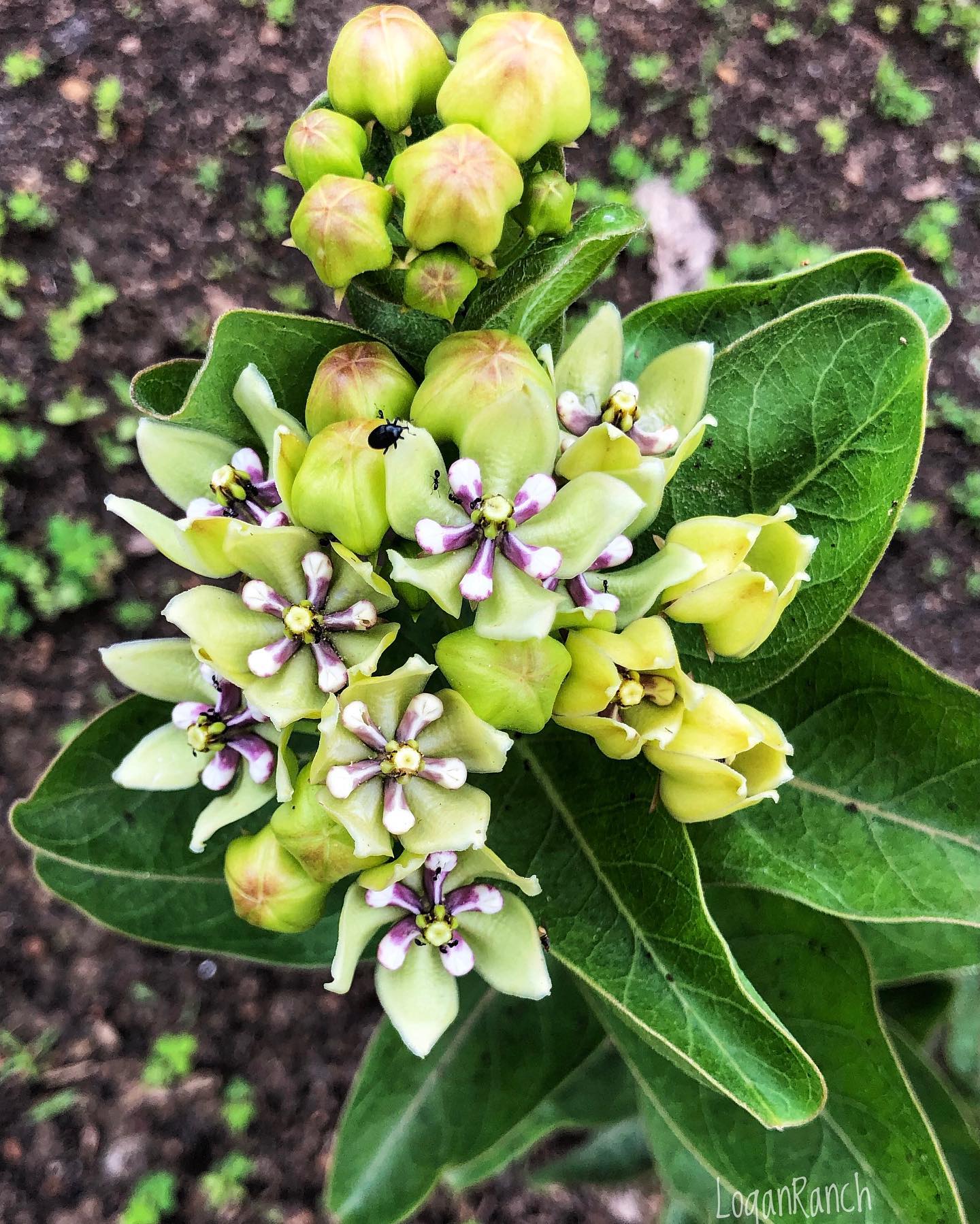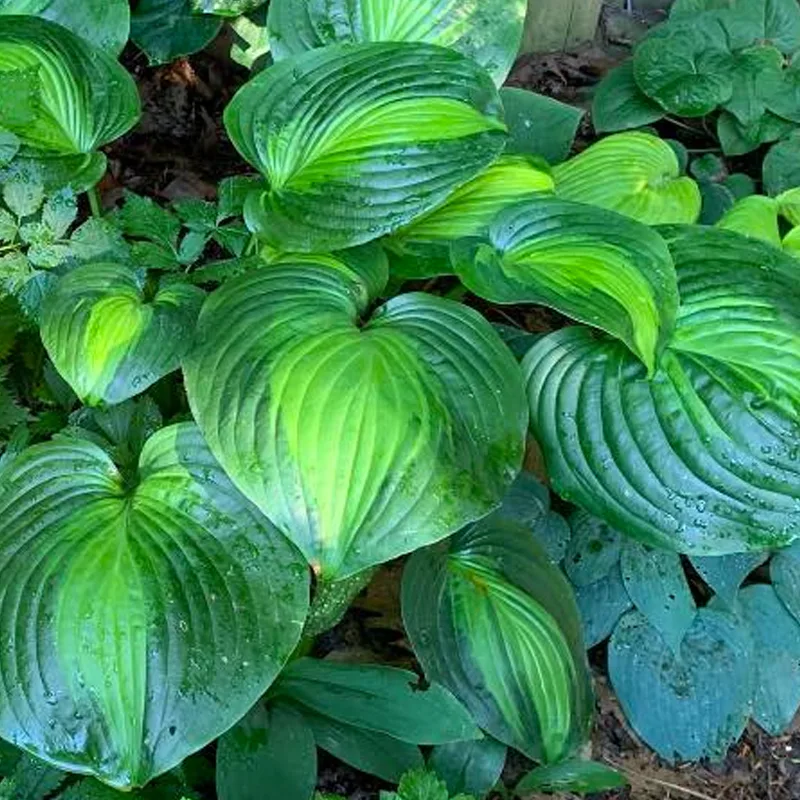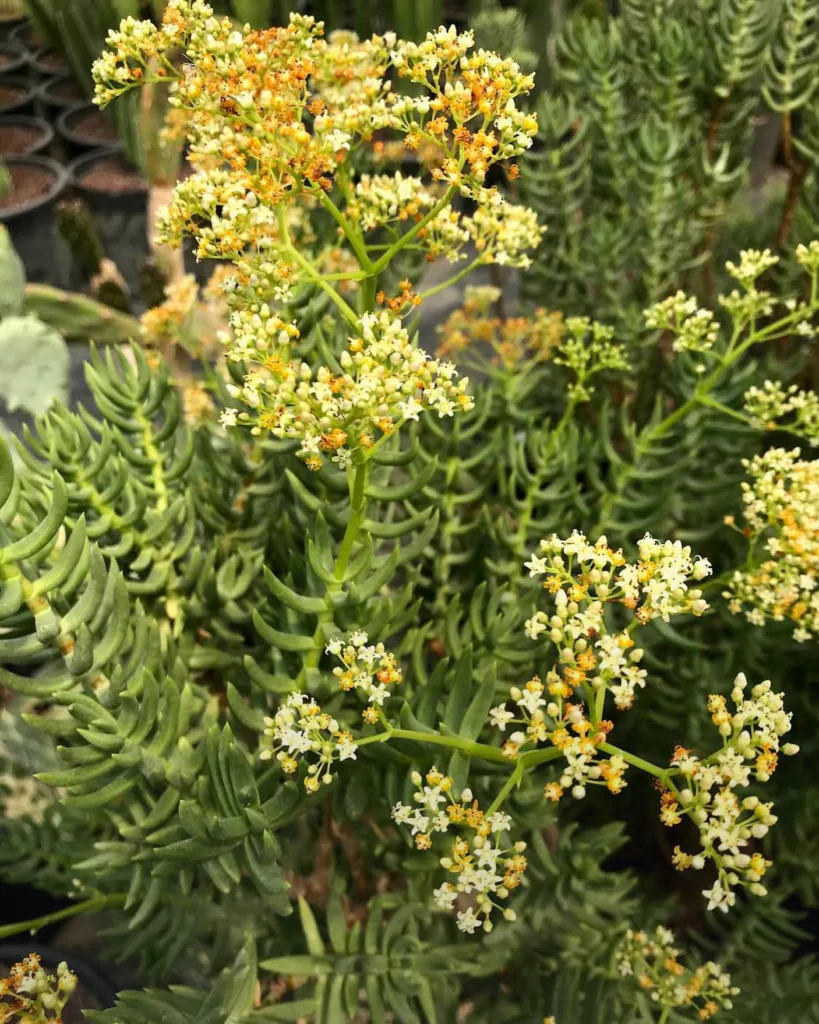Tolumnia: My Little Dancing Ladies
I, Ferb Vu, have always been drawn to the vibrant and diverse world of Orchidaceae family. Among my favorites is the genus Tolumnia, a group of small but stunning orchids native to the Caribbean and parts of South America. These orchids, often called “dancing lady orchids,” captivate with their intricate blooms and vibrant colors.
A Closer Look at Tolumnia
Tolumnia orchids are epiphytes, meaning they grow on other plants, typically trees, for support. They thrive in warm, humid environments with plenty of bright, indirect light. What sets them apart are their compact size and the striking beauty of their flowers. These flowers, often borne in clusters on slender stems, come in a dazzling array of colors, from bright yellows and oranges to deep reds and purples. The lip, or labellum, of the flower is often the most prominent part, adorned with intricate patterns and markings that further enhance their allure.
Species in Tolumnia
The genus Tolumnia boasts a diverse range of species, each with its unique charm.
- Tolumnia variegata: Known for its variegated leaves and vibrant yellow flowers with red spots.
- Tolumnia guianensis: Produces clusters of small, fragrant flowers in shades of yellow, orange, and red.
- Tolumnia bahamensis: Features large, showy flowers with a prominent yellow lip and intricate markings.
- Tolumnia calochila: Displays delicate, white flowers with a fringed lip and a yellow center.
- Tolumnia urophylla: Characterized by its long, narrow leaves and vibrant orange flowers.
- Tolumnia acunae (M.A.Díaz) Nir
- Tolumnia × ann-hadderae I.G.Cohen
- Tolumnia arizajuliana (Withner & J.Jiménez Alm.) Ackerman
- Tolumnia caribensis (Moir) Braem
- Tolumnia compressicaulis (Withner) Braem
- Tolumnia × domingensis (Moir) I.G.Cohen
- Tolumnia × floride-phillipsiae (Moir & A.D.Hawkes) I.G.Cohen
- Tolumnia gauntlettii (Withner & H.P.Jesup) Nir
- Tolumnia guibertiana (A.Rich.) Braem
- Tolumnia gundlachii (C.Wright ex Griseb.) N.H.Williams & Ackerman
- Tolumnia guttata (L.) Nir
- Tolumnia haitiensis (Leonard & Ames) Braem
- Tolumnia hamiltonii Sauleda
- Tolumnia hawkesiana (Moir) Braem
- Tolumnia henekenii (R.H.Schomb. ex Lindl.) Nir
- Tolumnia lemoniana (Lindl.) Braem
- Tolumnia lucayana (Nash) Braem
- Tolumnia prionochila (Kraenzl.) Braem
- Tolumnia × pulchella (Hook.) Raf.
- Tolumnia quadriloba (C.Schweinf.) Braem
- Tolumnia sasseri (Moir) Braem ex Ackerman
- Tolumnia scandens (Moir) Braem
- Tolumnia sylvestris (Lindl.) Braem
- Tolumnia triquetra (Sw.) Nir
- Tolumnia tuerckheimii (Cogn.) Braem
- Tolumnia usneoides (Lindl.) Braem
My Fascination with Tolumnia
My interest in Tolumnia began with a single plant, a gift from a fellow orchid lover. I was immediately captivated by its delicate beauty and the way its flowers seemed to dance in the breeze. As I learned more about these orchids, I became fascinated by their diversity and resilience.
Tolumnia orchids are relatively easy to care for, making them a rewarding choice for both novice and experienced growers. They require well-draining potting mix, regular watering, and bright, indirect light. With proper care, these orchids can bloom multiple times a year, providing a continuous display of their captivating beauty.
The Allure of Miniature Orchids
One of the things I find most appealing about Tolumnia is their compact size. Unlike some orchids that can grow to be quite large, Tolumnia orchids remain relatively small, making them ideal for growing in small spaces. Their miniature stature also allows for closer inspection of their intricate flowers, revealing the delicate details that might otherwise be missed.
Tolumnia in the Orchid World
Tolumnia orchids have gained significant popularity among orchid enthusiasts in recent years. Their vibrant colors, compact size, and relative ease of care have made them a favorite among collectors and hobbyists alike. They are frequently featured in orchid shows and exhibitions, where their beauty and diversity are showcased to a wider audience.
The Future of Tolumnia
As interest in Tolumnia continues to grow, so too does the effort to conserve and protect these beautiful orchids. Many botanical gardens and research institutions are working to preserve the genetic diversity of Tolumnia species and to develop sustainable cultivation practices. These efforts are crucial to ensuring that future generations can continue to enjoy the beauty and diversity of these captivating orchids.
In conclusion, my fascination with Tolumnia stems from their unique combination of beauty, resilience, and diversity. These miniature orchids, with their vibrant colors and intricate blooms, bring a touch of the tropics to any space. As I continue to explore the world of orchids, I am confident that Tolumnia will remain among my favorites, their dancing lady flowers forever captivating my imagination.
If i die, water my plants!



